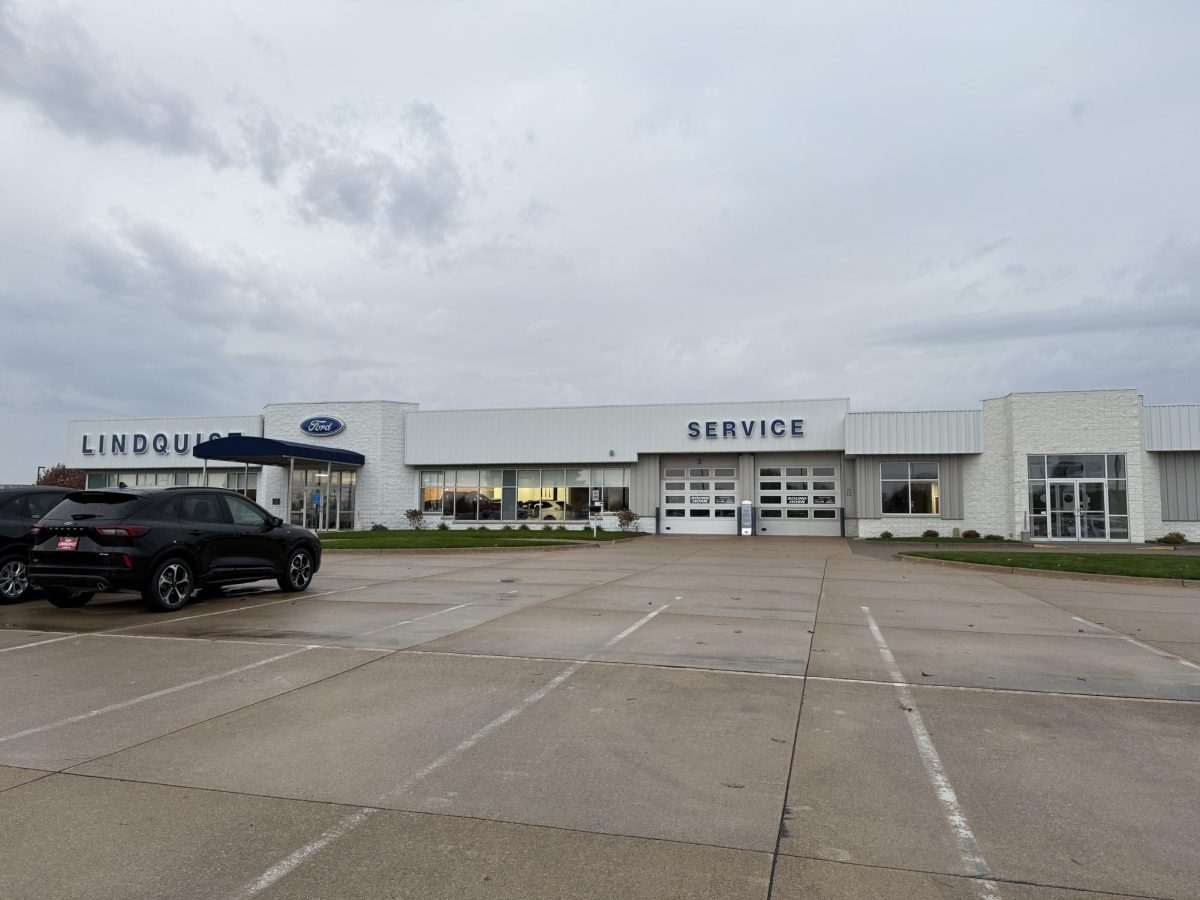For decades, repairing cars at home was a common practice for students, families and hobbyists. A quick trip to the local auto parts store and a few hours of elbow grease were all a person needed to make owning and maintaining a vehicle affordable. However, the increasing monopolization of the auto repair industry is putting accessibility at risk.
Since 2020, automobile makers have started designing vehicles with proprietary parts and specialized tools, making repairs more complex and expensive. Without access to these parts, minor repairs at home are nearly impossible. Customers must either purchase specialized parts or go to the dealership, where repair costs are often significantly higher.
Ford-specific sockets are a prime example of this trend, as they cost up to $100 for a six-pack. Similar parts, when standardized, are typically priced at $20. Such exclusive parts and tools have made once-simple tasks like replacing a fuse or changing a headlight inaccessible for many.
The issue has broader implications, including potential violations of the Federal Repair Act. The law, designed to ensure fair competition in the auto repair industry, requires manufacturers to make repair tools and information available to independent shops and consumers. Critics argue that the increasing reliance on proprietary parts and their astronomical price tags creates a de facto monopoly that burdens consumers and mechanics alike.
Matt Stutenberg, an automotive maintenance teacher, describes the financial toll of this shift. “As vehicles become more advanced, they include computer systems that are difficult for people to repair at home,” he said. “I spent $250 on a computer module for my 2021 Mazda, only to find that it didn’t work at all.”
Independent mechanics are also feeling the squeeze. “Cars now require dealership-specific tools or software just to diagnose issues. That drives up costs for my shop and my customers, and it limits competition in the industry,” explained Dylan Johnson, a local mechanic.
Critics of this trend say the focus is less on safety or quality control and more on consolidating profits. By restricting access to essential repair tools, manufacturers are effectively forcing consumers to rely on high-priced dealership services, a move some believe directly violates the spirit of fair competition laws.
Johnson sees this as a growing concern for vehicle owners. “This isn’t just about inconvenience. It’s a financial drain on families and small businesses, and it undermines consumer rights. If this continues unchecked, it sets a dangerous precedent for other industries,” he warned.
The ongoing debate over the “right to repair” has prompted calls for stronger enforcement of federal laws and new regulations to protect consumers. Advocates argue that ensuring access to affordable repairs is crucial not only for fairness but also for economic resilience.
Without action, the rising costs of car repairs threaten to make vehicle ownership prohibitively expensive for many, leaving drivers at the mercy of increasingly monopolized repair options. Similarly, farmers now face the same issue with specialized tractors and combines, unable to make repairs themselves and forced to turn to dealerships, further driving up costs.









